By April Ryan

BLACKPRESSUSA NEWSWIRE — The Urban League head also offered that some companies spread the support by contributing to HBCUs and civil rights organizations. The report also captures, in an Urban League written statement, how institutions, advocates, and the business community have mobilized since George Floyd’s death to advance policing reform and racial justice.
“Companies have not necessarily been transparent” in the corporate data collection process about their commitments following the police-involved death of 46-year-old George Floyd, says Marc Morial, President and CEO of the National Urban League. The highly publicized Floyd death almost five years ago garnered worldwide attention and protests in search of justice on May 25, 2020, deadly case. Corporations saw the massive outpouring and offered support then. However, Morial summarizes the findings: “We use publicly available data. We use commitments that people have made.” When it comes to corporate commitment to the Black community, it is a mixed bag, “I think even some that have remained committed have made cosmetic changes, have changed names of programs. They’ve dropped a program here and there. But some have maintained most of what they do,” added Morial who spoke to the audience of the Substack show The Tea with April. The Urban League head also offered that some companies spread the support by contributing to HBCUs and civil rights organizations. The report also captures, in an Urban League written statement, how institutions, advocates, and the business community have mobilized since George Floyd’s death to advance policing reform and racial justice. However, the report also traces the political and cultural backlash. It shows that some progress has reversed.
One of the most recent real-time reversals is the current request by Georgia Congresswoman Marjorie Taylor Greene, pushing for a presidential pardon of Minneapolis police officer Derek Chauvin. He was the first officer convicted of the death of George Floyd for kneeling on his neck at the time of his death. President Trump can only pardon federal sentences. Keith Ellison, the Attorney General of Minnesota, says it’s just “a rumor” right now. However, if a Chauvin pardon were to happen, President Trump could only pardon Chauvin of the federal prison sentence. He is currently serving 20.5 years. When it comes to the state of Minnesota, there are still 22 years left on Chauvin’s state prison sentence. Ellison feels “it would be worse” for Chauvin to be pardoned. Chauvin would be transferred to a state prison to serve his 22-year sentence. Chauvin would be expected to be segregated from the general population for 23 hours daily. Ellison went on to tell Black Press USA that if a pardon does happen, “it’s a slap in the face to the Floyd family” and the multiple cultures of people around the world that called for justice for George Floyd’s death. Ellison fears that if there is indeed outrage in the streets over a pardon for Chauvin, President Trump will try to use Martial Law and the Insurrection Act against those in the streets. Damon Hewitt, President and Executive Director of the Lawyers Committee for Civil Rights Under the Law tells Black Press USA President Trump’s anticipated actions against protesters is “the legal process equivalent to wiping out Black Lives Matter Plaza.” Hewitt went on to say, “It’s another way of saying Black lives do not matter.”

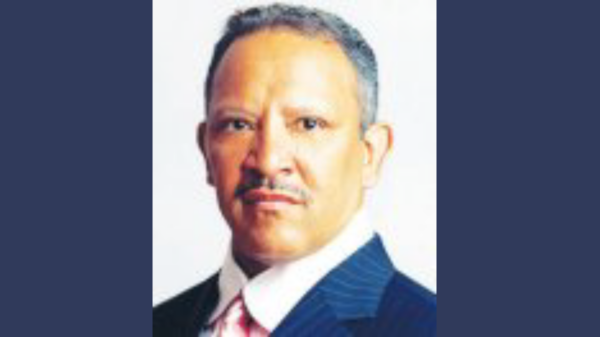

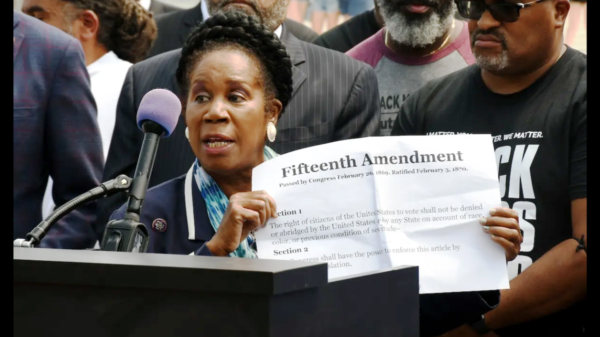

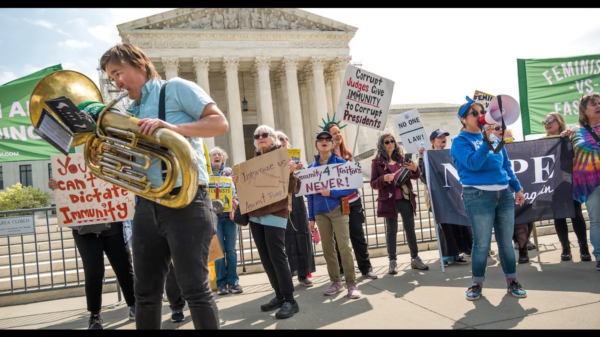
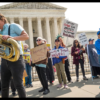
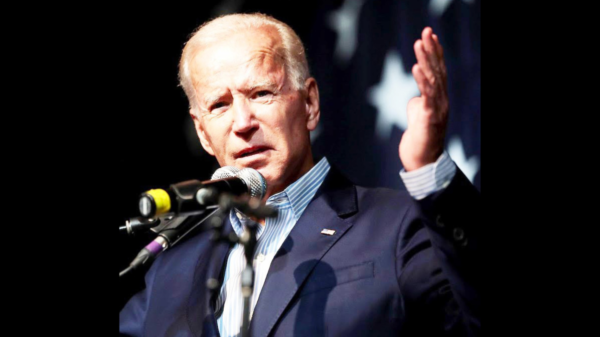

You must be logged in to post a comment Login